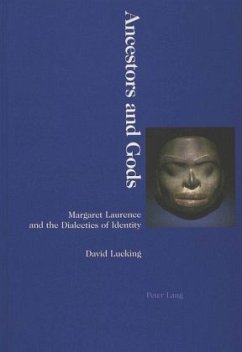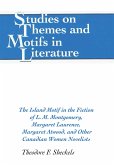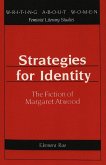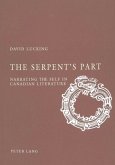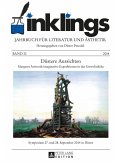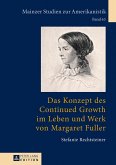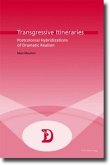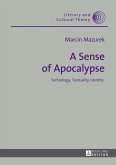This book examines the entire corpus of Margaret Laurence's writings from the point of view of the ambiguities and paradoxes that are an inherent feature of her work. This indeterminacy of meaning reflects the profoundly ambivalent attitude with which Laurence explored the issues dramatized in her books, foremost among which is that of individual and cultural identity. In the course of a series of close analyses of individual texts, it is argued that Laurence's vision tends to articulate itself through what appear to be irreconcilable oppositions, but that these oppositions are subjected to processes of symbolic mediation as the writer pursues their implications. Laurence's works can therefore best be approached dialectically, in terms of the radically different conceptions of life they simultaneously convey, and of the effort to arbitrate their conflicting claims through the act of writing itself.

